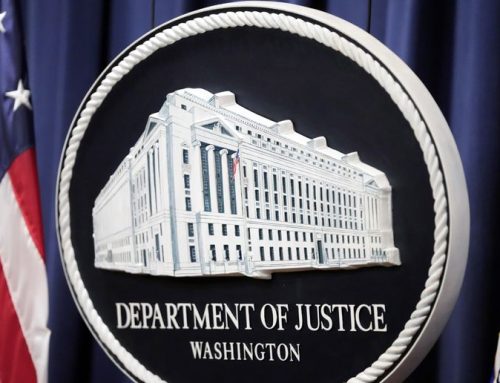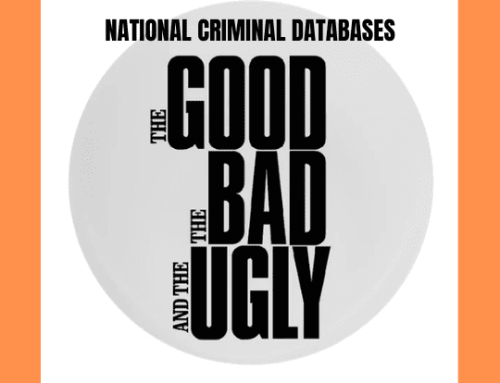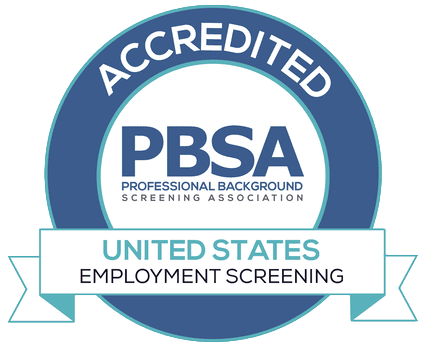When employers receive a background screening report that reveals a candidate’s checkered past, many simply move on to the next applicant. However, this approach can be short-sighted, legally risky, and detrimental to their hiring process. As a Consumer Reporting Agency (CRA), we educate our clients on the importance of adhering to the Fair Credit Reporting Act (FCRA) regulations, particularly the requirement to send pre-adverse and adverse action letters. These steps are not just legal formalities, they are opportunities to uncover mistakes made by the courts or vendors and retain qualified candidates.
The Importance of Following the FCRA
The FCRA mandates that if a background check reveals information that could disqualify a candidate, employers must:
- Send a pre-adverse action letter, including a copy of the background screening report and a summary of rights under the FCRA. (ProVerify has these tools available for free for our clients on our online portal)
- Allow the candidate a reasonable opportunity to dispute the results. (the letter will instruct candidates to reach out to the background screening provider for assistance in clearing up any mistakes)
- Issue an adverse action letter only after this process if the decision to disqualify stands.
Mistakes in background screening reports happen more often than many realize. Employers who fail to follow these steps not only risk legal repercussion but also miss potentially excellent hires.
Common Errors in Background Screening Reports
- Outdated Records: Old records that should have been expunged remain in the system. Candidates may not have followed through with the necessary paperwork to clear their records.
- Clerical Errors: Human errors at courthouses or within data systems can merge or misattribute records.
- Mistaken Identity: Background checks rely on name and date of birth matches. For individuals with common names, this can result in records being incorrectly assigned to the wrong person in the database.
Why Employers Should Care
Beyond the obvious legal obligations, failing to question background screening results can lead to losing otherwise qualified candidates. Here is a real-life example to illustrate the impact.
Storytime: A Case of Mistaken Identity:
A friend once called me in a panic because her boyfriend received a letter stating that his driver’s license would be suspended due to a DUI. Confused and upset, he insisted it was a mistake. After some quick research on my end, we discovered that the issue stemmed from a clerical error: his name and date of birth matched another individual with a similar name, Jason Joseph Morgan instead of Jason John Morgan—who had an extensive criminal record. It is likely that records were being purged and merged, someone saw that the name and date of birth matched and merged them – without looking at the middle name!
Unfortunately, this error had seemingly already affected his job prospects. He had recently been offered a position, pending a drug screen (which he never got to take), but the company ghosted him after running the background check. Likely, they saw the erroneous criminal record (which included the other man’s records of drug possession, assault, DUI and more) and decided to move on without following the pre-adverse action process. Had they given him the opportunity to dispute the results, he could have cleared his name sooner and secured the job. Instead, the employer missed a highly qualified candidate.
What Employers Should Do When a Record Appears
When a background screening report raises red flags, take these steps:
- Follow the Adverse Action Process: Send a pre-adverse action letter and provide the candidate with a copy of the report and their rights under the FCRA. This gives them a chance to dispute errors. You can email or mail this letter.
- Engage with the Candidate: A simple conversation can uncover discrepancies and demonstrate fairness, as well as speed up the process! Let them know to watch their email if they would like to dispute!
- Work with Your CRA: A reputable background screening provider, like ProVerify, will guide you through the adverse action process and help resolve disputes efficiently.
How Does This Benefit Employers?
Employers who prioritize compliance and fairness in their hiring practices build stronger, more diverse teams. By questioning the results of background screening reports and adhering to the FCRA, you not only avoid legal pitfalls but also enhance your reputation as a fair and equitable employer.
If you’re unsure whether or not you are following all of the appropriate steps when it comes to the pre-adverse/adverse action process or you would like to learn more, visit our website or contact us at 412-877-8937 or sales@applicationverification.com. Our experts are here to help!


